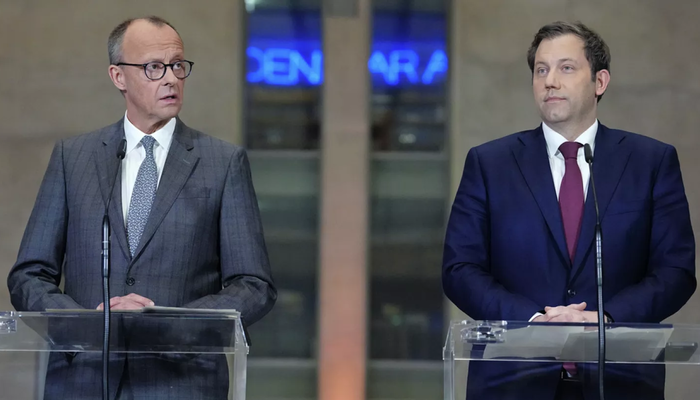French government deferred tax payments and payroll charges, the UK is set to also announce new measures to help businesses affected by Coronavirus.
France will mobilise 45 billion euros ($50.22bn) in crisis measures to help its companies, with the economy expected to contract 1 percent this year due to the coronavirus outbreak, Finance Minister Bruno Le Maire said on Tuesday.
Le Maire said a large part of the 45 billion-euro ($50.22bn) figure was the deferral of all tax payments and payroll charges that companies were due to pay this month, and the cancellation of such payments for firms at risk of collapse.
“We are going to mobilise 45 billion euros ($50.22bn) as our first immediate economic assistance to companies,” Le Maire told French RTL radio. “We don’t want bankruptcies.”
The money comes in addition to 300 billion euros ($334.24bn) in government loan guarantees that President Emmanuel Macron announced on Monday, Le Maire said.
He added that the government is prepared to use all means to support big companies suffering in financial market turmoil, including nationalisation if necessary.
French lower house approves hotly debated controversial pension reform
“I won’t hesitate to use all means available to protect big French companies,” Finance Minister Bruno Le Maire said on a conference call with journalists.
“That can be done by recapitalisation, that can be done by taking a stake, I can even use the term nationalisation if necessary,” Le Maire added.
Meanwhile, the United Kingdom was also set to pledge additional funds on Tuesday to support businesses hurt by the outbreak after the government advised people to avoid pubs, clubs, restaurants, cinemas and theatres.
Finance minister Rishi Sunak is due to announce the measures at the government’s daily news conference, a finance ministry source said.
In his first budget statement to Parliament last week, Sunak announced 30 billion pounds ($37bn) of measures to support public healthcare, affected businesses and provide general economic stimulus to counter the effects of the outbreak.
France’s Le Maire said on Tuesday that he would produce a new budget bill “in a matter of hours” to reflect fallout from the virus and based on a forecast that the economy would contract by 1 percent this year.
Kashmir got attention of French parliament
Asked whether the stock market should be closed in light of the economic turmoil, Le Maire said other measures could be taken first, such as banning short-selling, which he said the market regulator had imposed for 24 hours.
On Monday, Macron announced restrictions on people’s movements in France to slow the spread of the virus, saying people should stay home unless it was to buy groceries, travel to work, exercise or for medical care.
Anyone found flouting the restrictions, which are in place for at least two weeks, will be fined, he said.
Food stores remain open in France, and food deliveries are also allowed, but plane, train and coach services between cities have all been reduced.
In the UK, Adam Marshall, the director general of the British Chambers of Commerce, said the government needed to take further steps.
“Government has got to do more on the upfront costs facing businesses. Banks have got to do more to get support to the frontline. And also I think the UK has to do more to coordinate a global economic response,” he said.
Suspension of tax bills would be the most useful immediate step, he said.
The world’s biggest catering firm, Compass Group, warned on Tuesday that its half-yearly operating profit would be lower than expected after European and North American governments and businesses sought to contain the spread of the virus.



